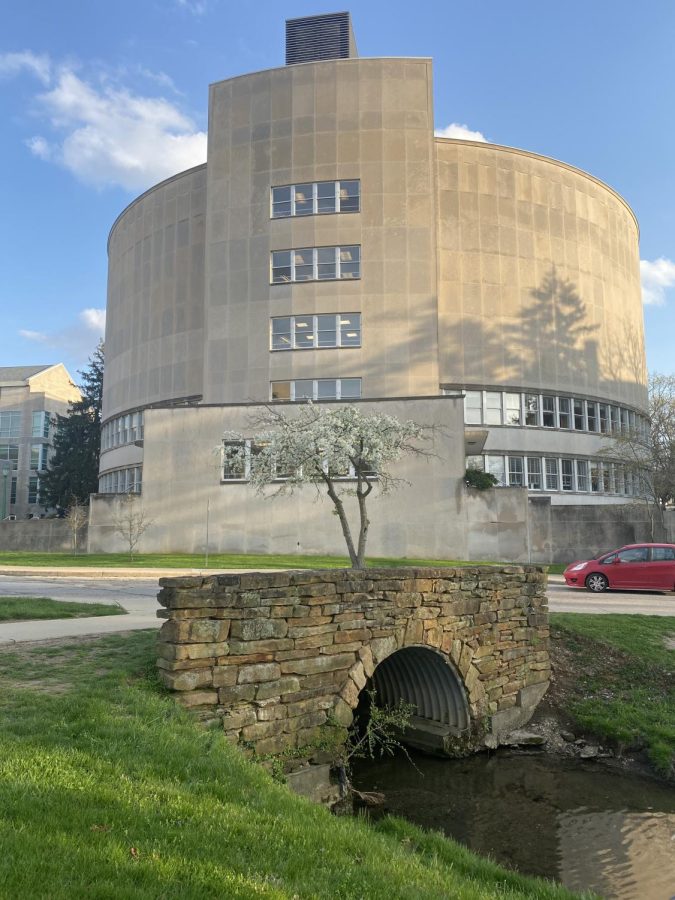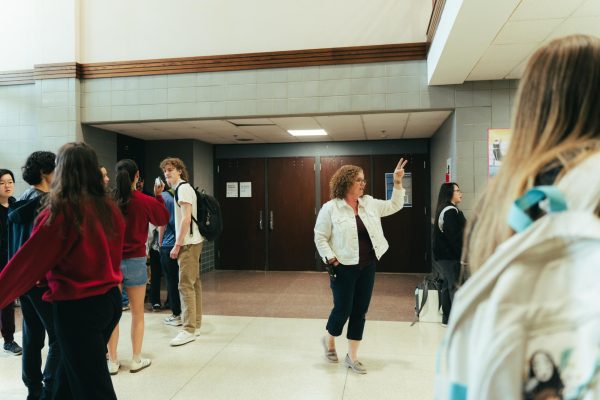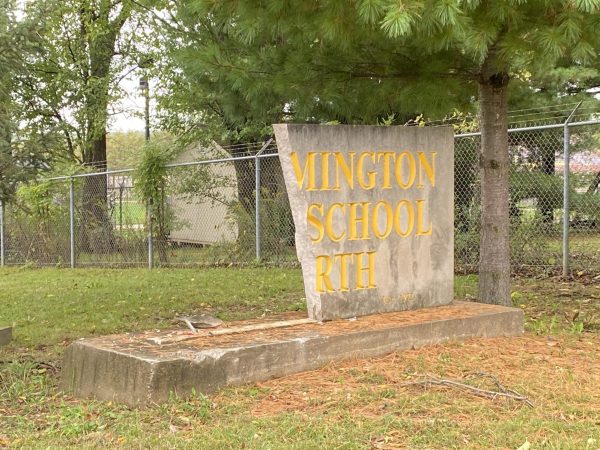Indiana University’s Renovation Plans
Indiana University has recently detailed its plans for Bloomington campus renovations starting 2024, lasting until around 2030. At the University board of trustees meeting, vice president of capital planning Thomas Morrison’s plans for construction and renovation were unanimously approved by the board. According to Morrison, IU campus’ 163 buildings are made “to last forever”. 23% of the funds come from the state of Indiana, while most of the rest come from the University itself. However, Morrison states that legislators typically will invest more in infrastructure, so IU could receive more state funding. This is likely needed, as the projects are going over their estimated cost. The Commission for Higher Education and the State Budget Agency will review the plan and provide recommendations.
Over the next 10 years, IU will continue to do repairs and renovations across all the other IU campuses, including IUPUI. These renovations include replacing outdated building features, such as radiators and fireplaces, with new more energy efficient systems, such as new heating and cooling, elevators, and lighting. Other projects including Memorial Stadium renovations are planned to begin as well, and more student housing projects will continue.
There are many buildings that will benefit from these renovations; Sycamore Hall which has many outdated pieces of equipment, the Garret Fieldhouse and Music building need new windows, and the Public Health building, in addition to being updated, will be renovated to match its research purpose more. The Multidisciplinary Engineering and Sciences Hall, Chemistry, Psychology, Biology buildings will also benefit from these renovations, though their labs will first need to be reconfigured to accommodate the changes, as well as have a new central heating plant.
These renovations will likely affect new IU students, from 2024 and onward. While the renovations may not cause too many inconveniences, it is important to keep in mind when considering going to IU. These renovations will inversely also improve the college experience, as the renovations will quickly provide replacements to insufficient building features.







